Time use survey is one of the fundamental, and most widely employed, research tools used to bring a gender perspective to project planning. However, narrow interpretations of time use data can distort the understanding of how project-induced time use changes affect women and men’s well-being. This paper argues that the application of some of the central concepts of the capability approach can strengthen the scope of time use survey as a gendered planning tool, drawing on the example of the “Alliances” rural economic development project Georgia.
Document
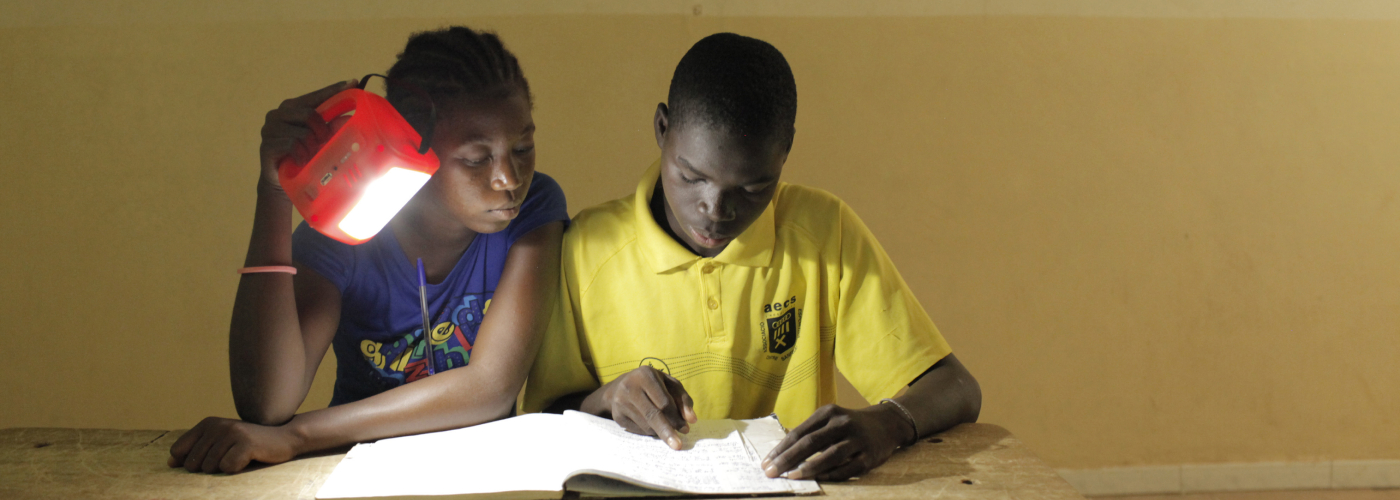 ?>
?>





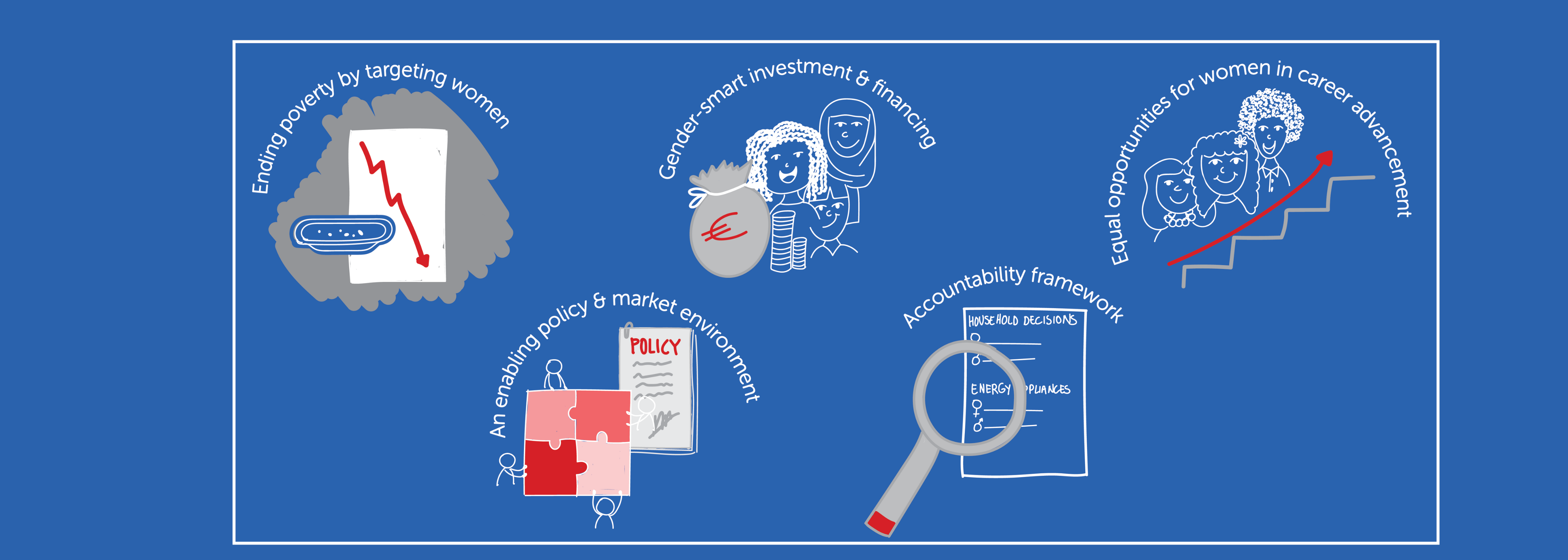
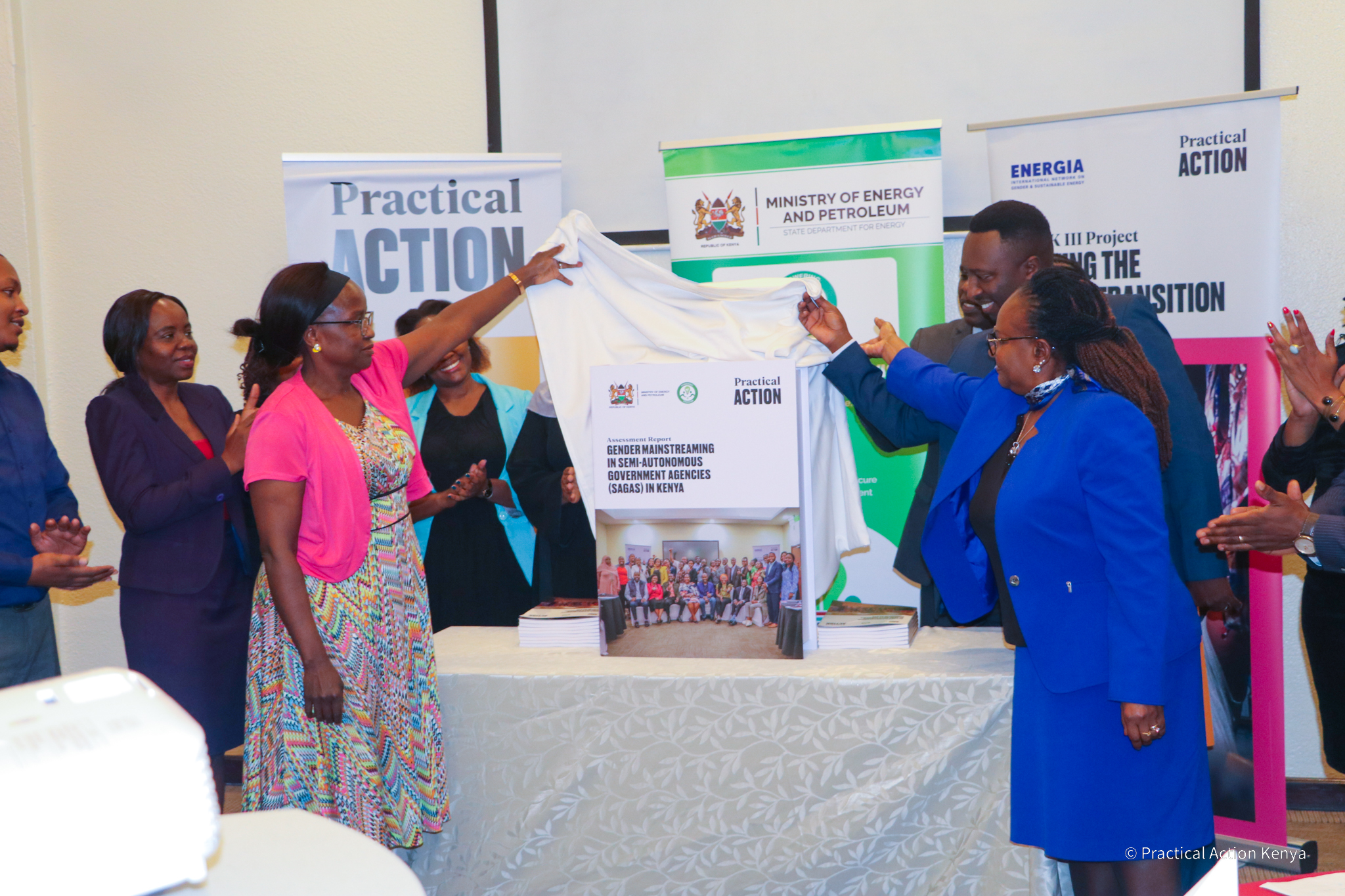
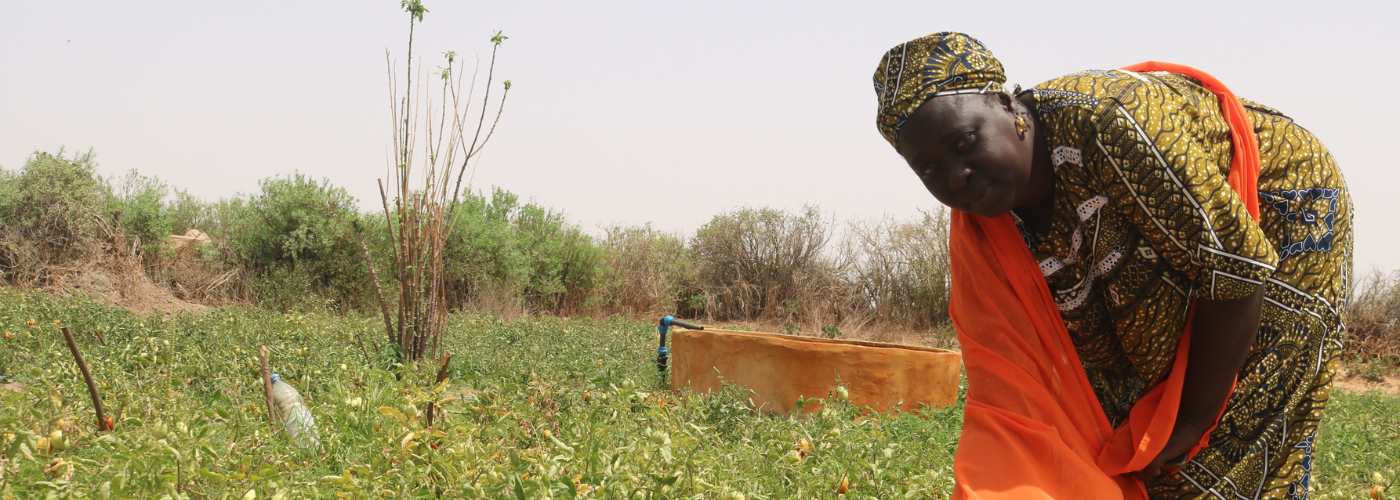

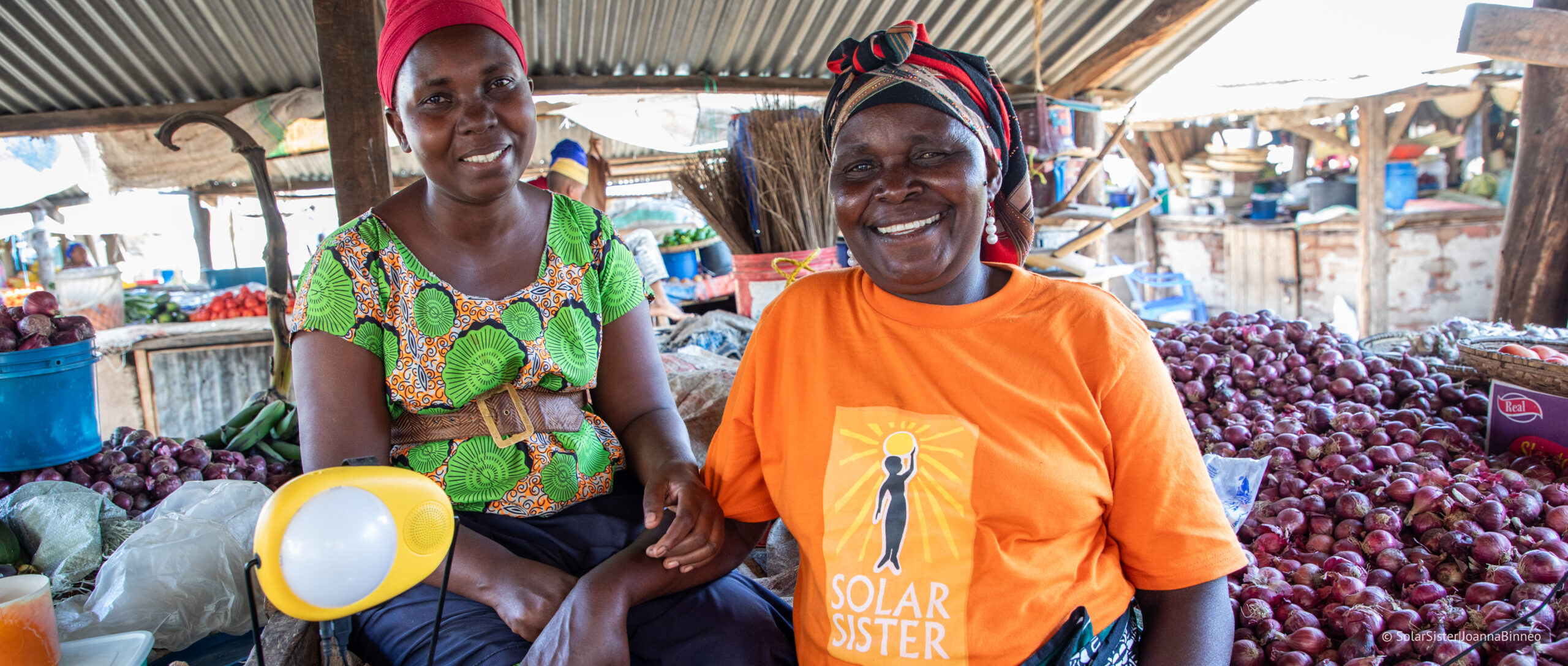
Follow us on: